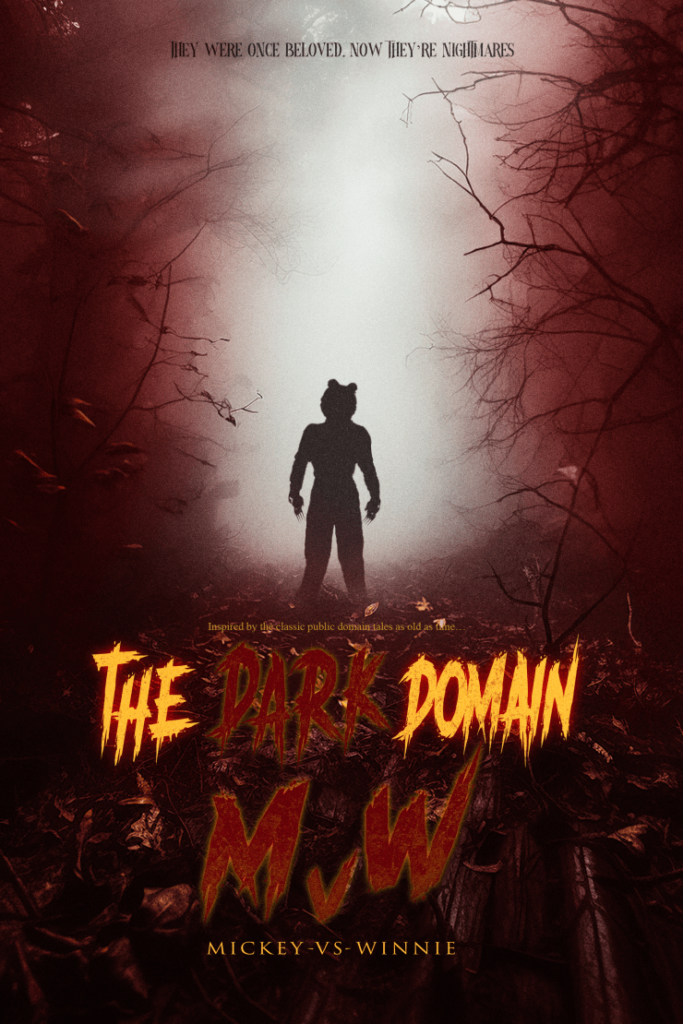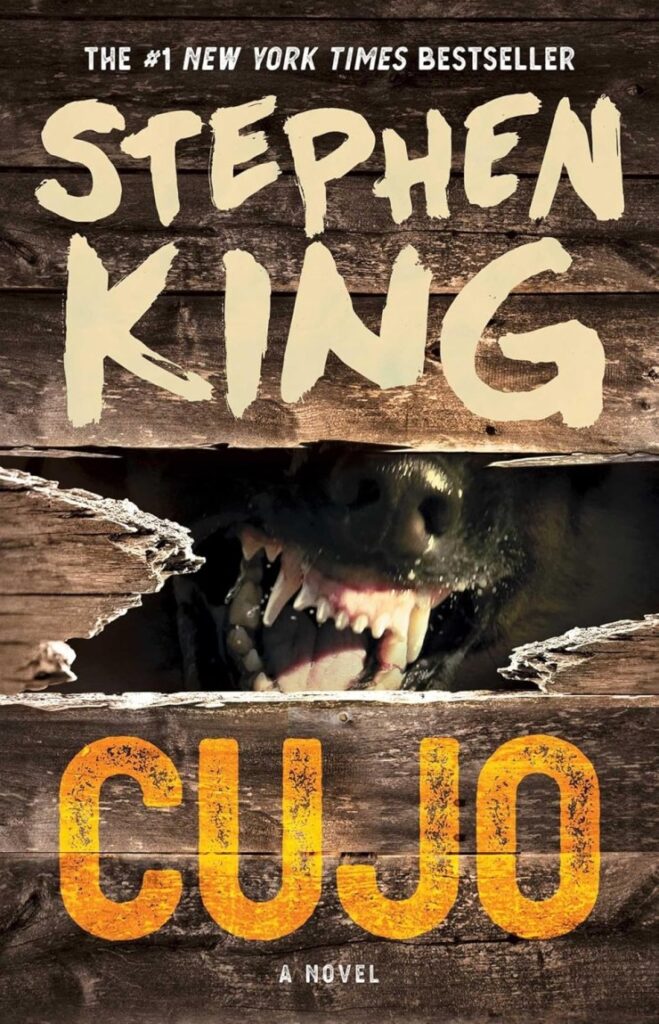There’s a hypnotic dreaminess to several sequences in director Justin Kelly’s new film, Pretty Thing. Aided immensely by a twinkly harp and piano score courtesy of Tim Kvasnosky, the effect almost feels like a fairytale.
It’s a classic story: poor cater waiter Elliot (Karl Gusman) locks eyes with beautiful older woman Sophie (Alicia Silverstone) at a fancy party, they covertly make plans to meet in her hotel room, and they have a passionate sexual encounter. It’s magical, even in the light of day, when Sophie encourages her younger lover to stay, order room service, and takes his number.
The whole encounter plays like a gender-flipped version of Pretty Woman (see also: the film’s title). Naturally Elliot becomes infatuated with Sophie, eager to meet up again or even just connect via text. Of course, because this is an erotic thriller, things naturally take a turn.
One of the novel aspects of Jack Donnelly’s screenplay is that the film refuses to lean too far into the sensational. Unlike the heyday of the early ’90s when spurned lovers were boiling bunnies or engaging in vehicular manslaughter, Pretty Thing keeps things reasonably realistic, engaging in sexual warfare that definitely borders on psychotic without becoming ridiculous.
One particularly effective storytelling device is the decision to split the narrative between the two leads. The first half of the film is told from Elliot’s point of view, which allows the audience to understand how he perceives the affair with Sophie. The 33-year-old lives a simple, unexciting life: he spends his time working a low wage catering gig and dodging the questions of his hypochondriac, over-protective mother Peggy (Orange Is The New Black’s Catherine Curtin).
Naturally when a sexually aggressive older woman with a great marketing job takes an interest in him, Elliot falls hard and fast. The problem is that he dangerously misconstrues their affair as romantic instead of simply sexual. A weekend trip to Paris – filled with more adventurous sexual experiences – only helps to confuse the issue. Afterwards Elliot believes he’s dating Sophie, even going so far as to invite her for a disastrously normal date that underscores their different understanding of what is happening.
Soon after the action shifts to Sophie’s perspective to offer more of her backstory and the distinction between them immediately becomes clear. While Elliot’s life is defined by its simplicity, Sophie is balancing much more high stakes demands, including some difficult family stuff with her sister Amanda (Tammy Blanchard), as well as an overly demanding boss.
The fact that Sophie seeks sexual control over younger men in her personal life makes sense given the more volatile aspects of her professional life. But it’s not just an outlet for Sophie: she genuinely enjoys having sex, preferably when it is hot, passionate, and the young men are disposable.
When Elliot becomes too possessive, however, Sophie pulls back, which kicks off a series of increasingly desperate moves from the young man to (re)capture her attention – all at the expense of her personal space, her career and her mental health.
Without diminishing the dangerous realities of stalking, this back half of the film shifts the narrative from a conventional erotic thriller into a sexual character study. One element that is sure to generate discussion is Donnelly’s refusal to pass judgement on either of his protagonists. While Elliot’s actions are unquestionably presented as those of an obsessive who refuses to acknowledge Sophie’s repeated attempts to end things, Pretty Thing nevertheless maintains a small measure of empathy for the young man.
For example, at one point, Sophie seeks out a friend of Elliot’s to determine if she should fear him. In the course of the conversation, Sophie is informed about how dazzled Elliot was by their Paris weekend. It’s a useful reminder of the very different socio-economic worlds they each come from. Sophie travels to Paris all the time for work, so the trip hardly ranks as an extravagant event. For Elliot, however, it’s practically life changing.
Donelly’s script clarifies that Sophie is simply unaware of this, but – importantly – it doesn’t suggest that she deserves to be stalked as a result. Nor is Sophie slut shamed for engaging in casual sex with random men. Pretty Thing is very matter of fact about its depiction of contemporary sexual desire: the sex looks highly enjoyable, the initial vibes between Sophie and Elliot are flirty, and activities such as a Burlesque show in Paris or a boudoir photo shoot are consensually hot. Sophie is a female protagonist who knows what she wants sexually, who spends lavishly on her conquests, but also has firm boundaries about what constitutes acceptable and unacceptable behaviour.
To be clear: Pretty Thing does not condone Elliot’s behaviour. Structurally speaking, his most unhinged and scary actions occur in the back half of the film, which is when the story is being told from Sophie’s perspective and our allegiance belongs to her (not him).
Still Pretty Thing refuses to simply label Elliot mentally ill, a violent villain, or a person whose motivations cannot be understood. Elliot never threatens to physically or sexually harm Sophie, and several boxing scenes confirm that she can handle herself physically. Even when she is forced to escalate the situation, however, Elliot misconstrues Sophie’s actions as proof of her affection. When she attacks him, he interprets it as role-play.
Ultimately both Sophie and Elliot feel like real, flawed people, which makes the film richer and its consideration of modern sex more nuanced. Is there an inherent danger in making audiences empathize with a stalker? Perhaps, but by avoiding the conventions of most erotic thrillers, particularly the sub genre’s tendency to rely on (sexualized) violence, Pretty Thing *mostly* side steps the thornier, more problematic issues.
This continues into the finale, which eschews the usual bombastic, sensational third act for a series of small, character-driven moments of violence. Pretty Thing wraps up in an appropriately unsettling, and uncomfortable fashion, and while its resolution is apt to leave some audiences frustrated, the film’s open-ending is in keeping with what has come before. If you want ice picks and boiled bunnies, you’ll have to look elsewhere.

Pretty Thing releases in select theatres and VOD on July 4.

The post One Night Stand Becomes a Dangerous Obsession in ‘Pretty Thing’ Starring Alicia Silverstone [Review] appeared first on Bloody Disgusting!.


